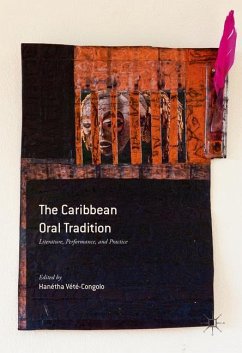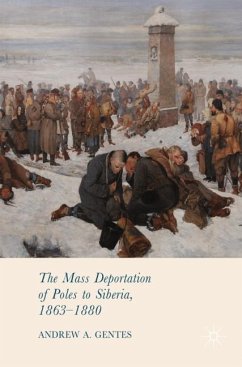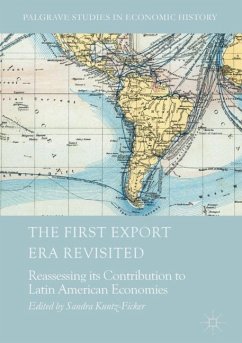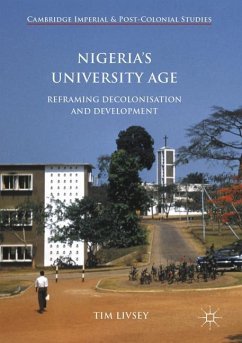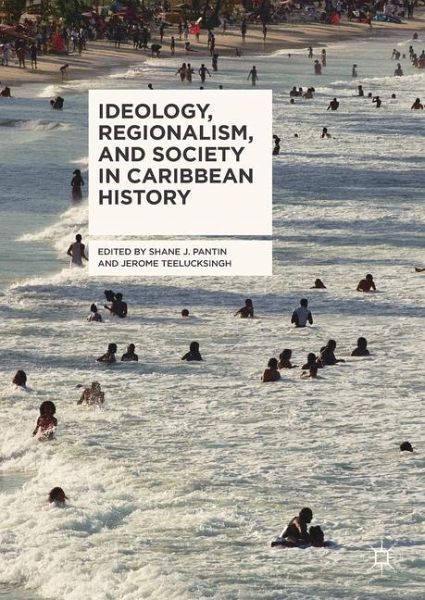
Ideology, Regionalism, and Society in Caribbean History

PAYBACK Punkte
42 °P sammeln!
This volume collects new angles and perspectives on issues shaping the development of the Caribbean. Bringing together essays on regional integration, identity, and culture and focusing on foundational personalities and institutions in the region, this book opens up new lines of inquiry on twentieth-century Caribbean history. Essays examine popular perspectives of the West Indies Federation; the intersections of ideology and governance through key figures such as C. L. R. James and Rawson William Rawson; the socioeconomic context of Caribbean foodways; and Carnival as a tool of cultural diplom...
This volume collects new angles and perspectives on issues shaping the development of the Caribbean. Bringing together essays on regional integration, identity, and culture and focusing on foundational personalities and institutions in the region, this book opens up new lines of inquiry on twentieth-century Caribbean history. Essays examine popular perspectives of the West Indies Federation; the intersections of ideology and governance through key figures such as C. L. R. James and Rawson William Rawson; the socioeconomic context of Caribbean foodways; and Carnival as a tool of cultural diplomacy. Integration is a critical theme throughout. Pointing to the region's rich cultural and historical heritage, this book explores how Caribbean unification may provide a way forward for this patchwork of island territories facing the challenges of the twenty-first century.







